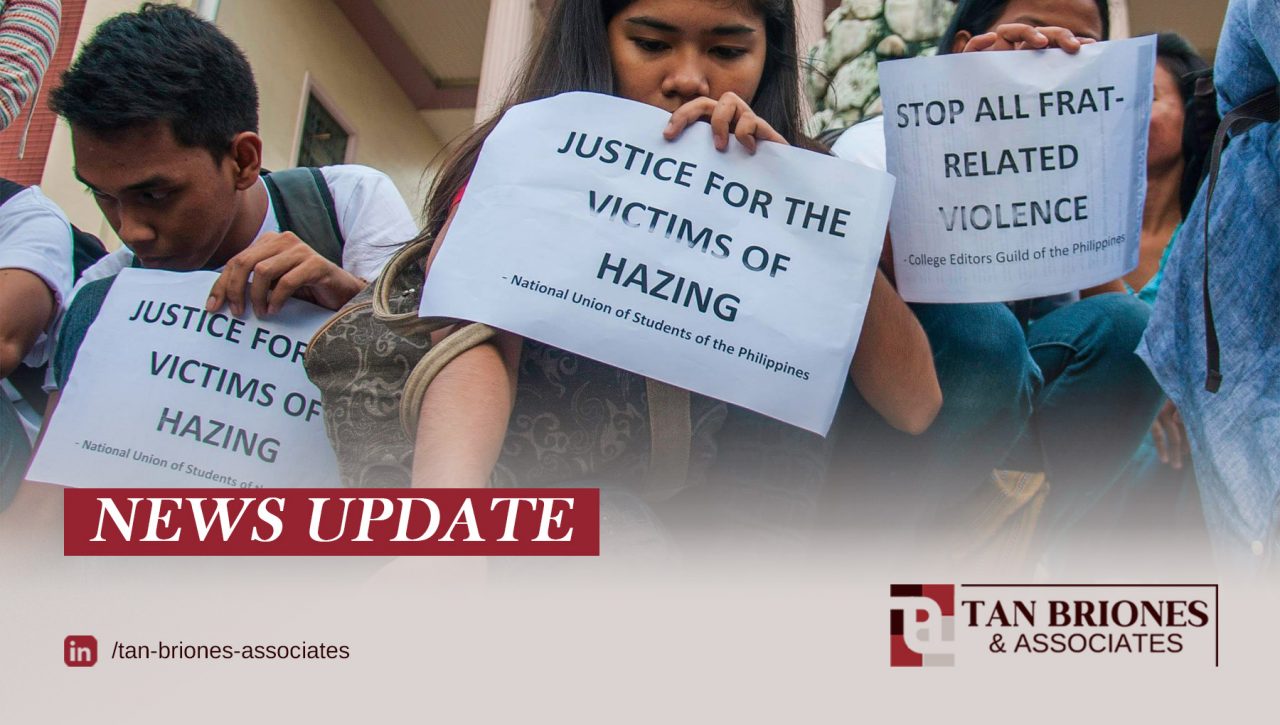
A measure has been filed in the Senate seeking to address gaps in the country’s anti-hazing law and strengthen accountability among superiors and institutions in the wake of recurring hazing-related deaths.
Sen. Raffy Tulfo, author of Senate Bill No. 1318, proposed amendments to Republic Act No. 11053 or the Anti-Hazing Act of 2018 to extend liability to commanding officers, school officials, fraternity leaders, and even property or vehicle owners connected to hazing cases.
The filing followed the death of Private Charlie G. Patigayon, who tragically died following initiation rites conducted within the Philippine Army, prompting the relief of involved military officials pending investigation.
Tulfo noted that the incident highlights the difficulty of holding superiors accountable under the principle of command responsibility because of gaps in the current law.
RA 11053, enacted in 2018, amended the original Anti-Hazing Act of 1995 (RA 8049) after decades of persistent violations and fatalities, with records showing at least 50 hazing-related deaths between 1954 and 2017—including the case of UST law student Horacio “Atio” Castillo III in 2017.
Unlike the 1995 measure, which merely regulated hazing and allowed it under certain conditions, the 2018 law imposed an outright ban on all forms of hazing, broadened accountability to cover accomplices and institutions, and introduced heavier penalties.
Tulfo said his proposed amendments seek to tighten accountability further by introducing a presumption of negligence against those in positions of authority who fail to prevent such incidents.
“The proposed amendments aim to break the cycle of hazing by holding accountable all those who enable, tolerate, or fail to prevent acts of hazing. The amendments replace old traditions with a culture of safety, respect, and accountability,” he said.
Among the key provisions of SB 1318 is the requirement for schools, military units, fraternities, and sororities to establish anti-hazing initiatives.
The bill also mandates the creation of reportorial mechanisms that allow citizens to anonymously report incidents while ensuring their safety and protection.
Under the bill, fraternities and sororities are mandated to register with local police stations and submit a list of their officers.
The measure imposes harsh penalties, including reclusion perpetua and ₱1–2 million fines for property or vehicle owners involved, and ₱2 million fines for negligent schools.
Follow Tan Briones & Associates on LinkedIn for more legal updates and law-related articles.







